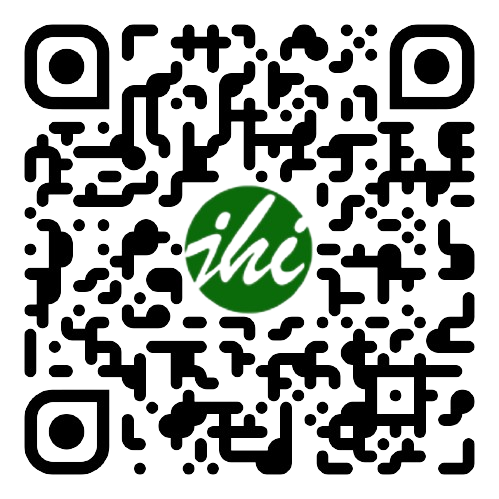Konstruksi Filosofis Fatwa DSN-MUI
DOI:
https://doi.org/10.28918/jhi.v16i2.1736Abstract
This article aims to examine the method of ijtihad (independent reasoning) that is applied in constructing the fatwas issued by the National Sharia Council (DSN) under the Indonesian Ulema Council (MUI) as well as its philosophical values by deeming the use of fiqh (Islamic jurisprudence) rules in terms of maslahah (benefits). A qualitative approach was employed in the study by exploring the DSN-MUI fatwas enacted ranging from 2000 to 2017. This present study highlights that the DSN-MUI used three approaches in establishing its fatwas, namely: naṣ qaṭ’i (definitive Islamic law in the Qur’an and Hadith), qauli (Muslim scholars’ perspectives), and manhaj (methodological interpretation). Additionally, the DSN-MUI completely concerned maṣālih ‘āmmah (public interests) and the objectives of Islamic law (maqāsid ash-shari’ah). Another finding promotes that 37 different types of fiqh rules were applied in the DSN-MUI fatwas, which were repeated 242 times. The Islamic jurisprudence rule that was widely implemented covered “the legal origins of muamalat (transactions) are permissible as there are no Islamic sources (dalil) that forbid them”. The quantity of use was 78 times with a percentage of 32.2. Furthermore, it can be noticed that 11 fiqh rules internalizing philosophical values were repeated 112 times. This study also offers that it is noteworthy to provide more norms of maqāsid ash-shari’a since there are lots of current issues in muamalat that have no legal considerations in the naṣ qaṭ’i.
Downloads
Published
How to Cite
Issue
Section
License

This work is licensed under a Creative Commons Attribution-ShareAlike 4.0 International License.
Jurnal Hukum Islam use a variety of waivers and licenses that are specifically designed for and appropriate for the treatment of data:
- Open Data Commons Attribution License, http://www.opendatacommons.org/licenses/by/1.0/(default)
- Creative Commons CC-Zero Waiver, http://creativecommons.org/publicdomain/zero/1.0/
- Open Data Commons Public Domain Dedication and License, http://www.opendatacommons.org/licenses/pddl/1-0/
Other data publishing licenses may be allowed as exceptions (subject to approval by the editor on a case-by-case basis) and should be justified with a written statement from the author, which will be published with the article.













.png)














